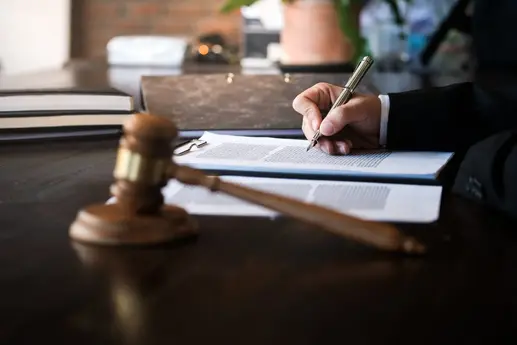 Leandra’s Law: One Year Later
Leandra’s Law: One Year Later
If you have been arrested on drunk driving or otherwise impaired driving charges, it is critically important that you understand how both the criminal justice system and the civil justice system handles the situation that you now find yourself navigating. Once you understand what you’re facing on either or both fronts, you can make informed decisions about how to move forward.
Criminal Cases
Your arrest started the process of your criminal justice scenario. Unless the charges against you are dropped, you’ll need to work with an attorney to build a strong defense on your behalf and to mitigate any potential consequences associated with a guilty plea, no contest plea, and/or conviction in the event that you are neither acquitted nor benefiting from dropped charges.
As an experienced DUI lawyer–including those who practice at The Law Office of Daniel J. Wright–can confirm, the potential consequences associated with a drunk driving or otherwise impaired driving offense can be severe. In addition to possible fines, loss of your driver’s license, jail time, mandatory substance abuse treatment, community service, probation, and other criminal consequences associated with your sentencing, having a criminal record can impair your ability to build a solid future. A conviction could result in a tougher time finding a job, securing credit, being approved for housing, and being accepted to programs of higher learning. These are consequences that are best avoided. Working with an experienced criminal defense attorney will place you in the strongest possible position to navigate the criminal charges against you successfully.
Civil Cases
If you were pulled over for drunk or impaired driving and did not hurt anyone or destroy any property while drunk or impaired, you have no reason to fear a civil suit against you. However, if you crashed your car, struck someone, or otherwise caused harm while you were allegedly impaired, the injury victim in question could sue you for damages.
Any civil case brought against you is entirely separate from your criminal case. This means that even if you win your criminal case, a civil suit filed against you could succeed. Why? The burden of proof is lower in civil cases than it is in criminal cases. As a result, civil cases are easier for a plaintiff to win than criminal cases are for a prosecutor. If you are concerned about the potential threat of a civil suit, speak with an attorney about building a proactive defense.

